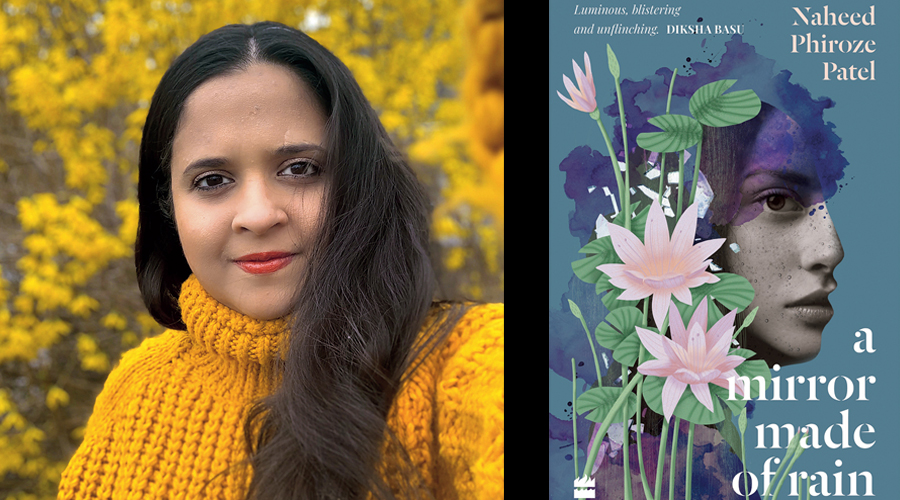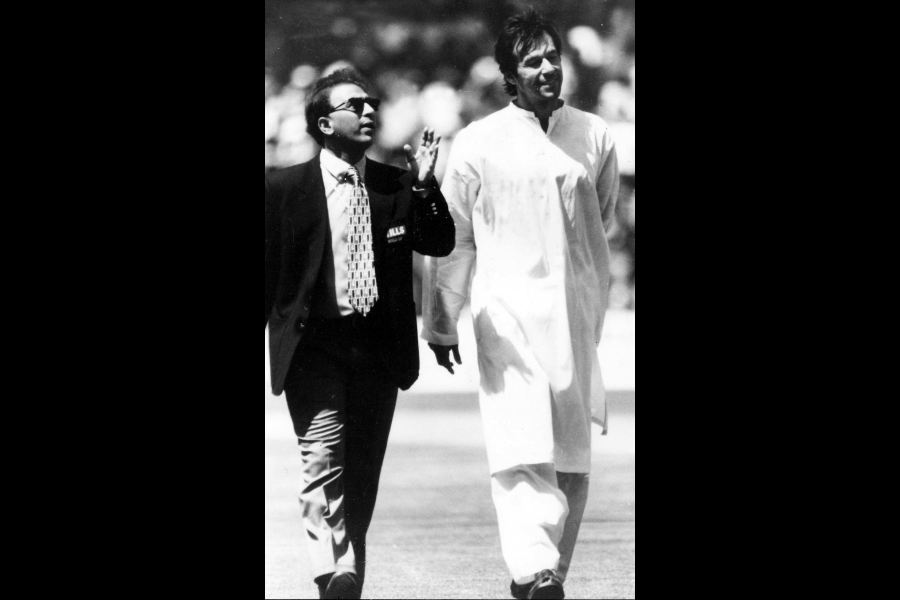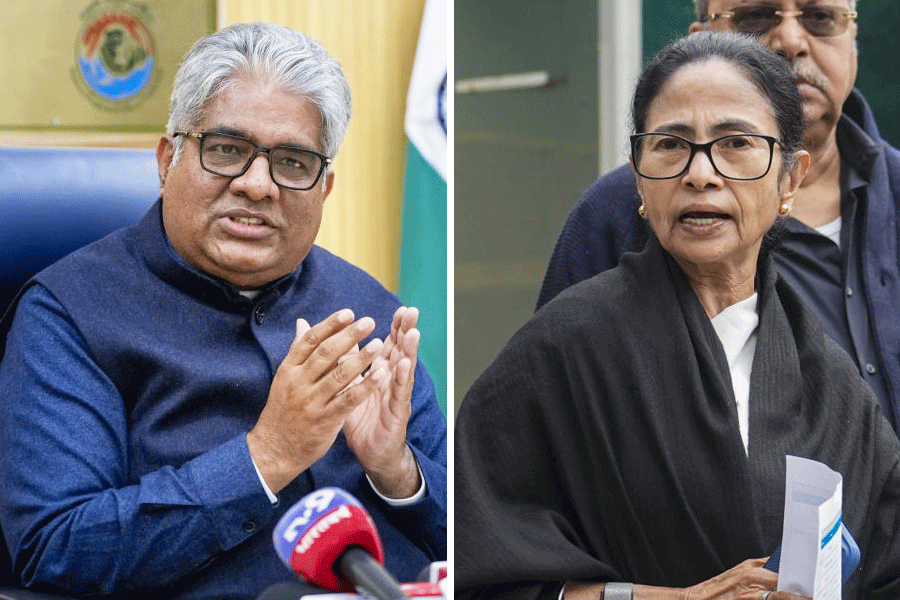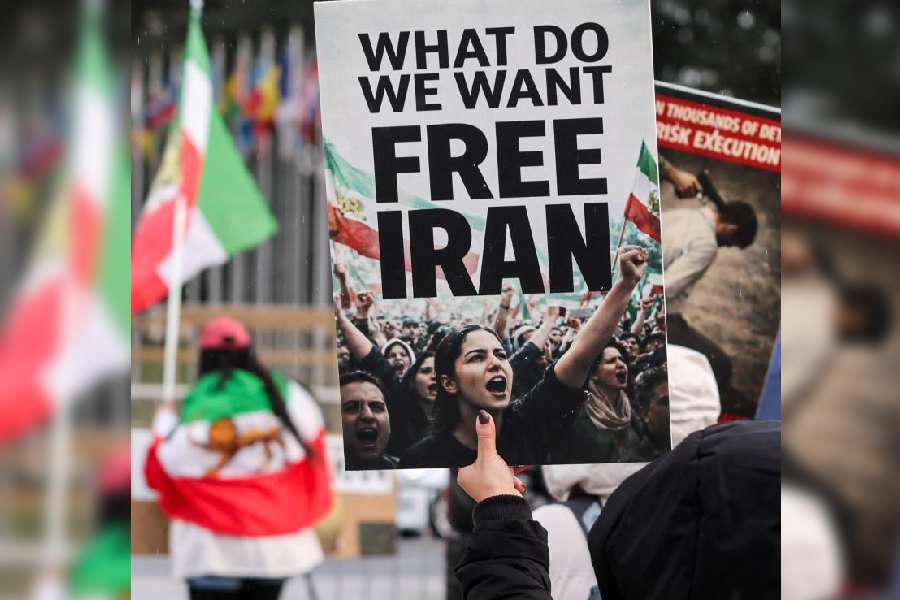Naheed Phiroze Patel, an MFA graduate from Columbia University, found herself in the midst of a mother considered ‘problematic’ by conventional society standards and a daughter with the spirit of fire. They are Asha and Noomi Wadia, the protagonists of Patel’s debut novel A Mirror Made of Rain (Fourth Estate; Rs 599). Divided into four parts, the book narrates the story of a struggling Noomi through various stages of her youth, holding her sense of self and her mother in complete disregard. Her pain is cushioned by the love and understanding that comes from the father Jeh who strives to protect his daughter from the stifling fangs of small-town patriarchy in India. Her journey eventually leads the way to New York City through the streets of Mumbai and Delhi where she finds love but struggles with accepting it.
Heart-wrenching in parts, the book draws inspiration from numerous mothers before Asha who were put through similar tests and cruelties as a punishment by being held in higher regard than any men around them, when it came to child-rearing. We connected with the author over a Zoom call from New York and spoke to her about the evolution of her debut novel and the fears of putting your first novel out there in the world. Excerpts...
Tell us about the inception of the book A Mirror Made of Rain.
When I was in the MFA programme; they make you write short stories. Coming from a small town, I had a lot of stories that I could share and with feedback from my workshop mates, I realised that Asha’s character was developing very interestingly. They also thought Noomi had a very interesting voice. This led to me thinking more about these characters that were emerging from these short stories. After coming out of the programme, I started the task of tying everything up into a single novel. Initially, I thought of making it an inter-connected collection like Jennifer Egan’s A Visit From The Goon Squad. It was a collaborative process because everyone who has read the drafts and given feedback, has had a part to play in shaping the book. Weaving all of it into one composite arc took a while and what finally emerged was a kind of episodic novel.
Could you reflect on the title of the book?
It was my editor Rahul who picked up on one of the lines in the last chapter which said that, ‘your mother is your first mirror’. So when that mirror shatters, you tend to look at yourself as a broken being. He was the one who pointed out the frequency of mirrors in the book and they played an interesting role as a through-line. It was then we started heightening that metaphor.
The most lovable character in the book is the father Jeh and one is increasingly reminded of Atticus from To Kill A Mockingbird. Where did you draw inspiration for him?
I lost my father in 2009 to a heart attack and it was really sudden. That he breathed his last right in my arms, found a way into the book. A lot of Jeh is my way of having my father and my life a little longer. You tend to become so afraid of losing his memories and forgetting who he was that being able to create a character gave me solace. That is the only character in the book that is actually based on someone in real life. I am glad you brought up To Kill A Mockingbird because that book did serve as an inspiration for me. That book too is set in a small, gossipy little town and Scout is also a wild and feral kind of a character much like Noomi, just as Atticus is calm and knowledgeable. Her relationship with her father mirrored my relationship with my father and I repeatedly found myself returning to the book. There was no hierarchy in our relationship and we were more friendly equals than father-daughter. So I definitely wanted to bring all that out in Jeh. He is the ‘good’ in the book. Except for his inability to stand up for himself, he is the ultimate pure character with nothing bad in him.
The mother-daughter relationship toxicity has been dealt with in fiction before. What were your trepidations before building a similar arc for your debut novel?
At first I really hesitated to write about it. In the initial drafts, Asha was a one-dimensional character like the evil witch in a tale. Subsequently people started questioning why she was that way. The more I delved deeper into the character, the more I was compelled to be empathetic. She had a terrible childhood herself and she is kind, just not able to be kind to her own daughter. I needed to reflect upon what it was that broke in her that led to her inability to be a mother to her own daughter while being the perfect matriarch at her orphanage.
Avni Doshi’s book, The Girl in White Cotton also deals with a similar topic and it was only much later that I found out about it. I think it’s a great book and reiterates my thought that we have certain expectations from mothers that we may casually overlook in fathers. Society as a whole puts that burden on mothers and Asha is punished for it. That’s how inter-generational harm comes in because it’s always a system. It’s never two individuals who create toxicity. For me it wasn’t just about the mother and daughter, it was the trauma of expectations of a small town with strict class and gender hierarchies and how that plays into motherhood. That is why I wanted the ending to be especially compassionate towards Asha and Noomi.
Tell us about the emotions that come with releasing your debut novel.
It is quite scary! Especially because the book that I wrote transcends conventional tropes of motherhood and womanhood. Because it then invites a lot of ‘too dark and disturbing’ criticism. People tend to judge such characters as ‘horrible’. It eventually boils down to how much energy I want to put into that discourse. I did not hold back and tried to make myself as vulnerable as possible on the page. It feels safe when it’s just me and a couple of readers. However, when it’s out there in the world, it’s a different story. Any novel that is slightly exposing, particularly this kind of novel, is slightly scarier for me.










